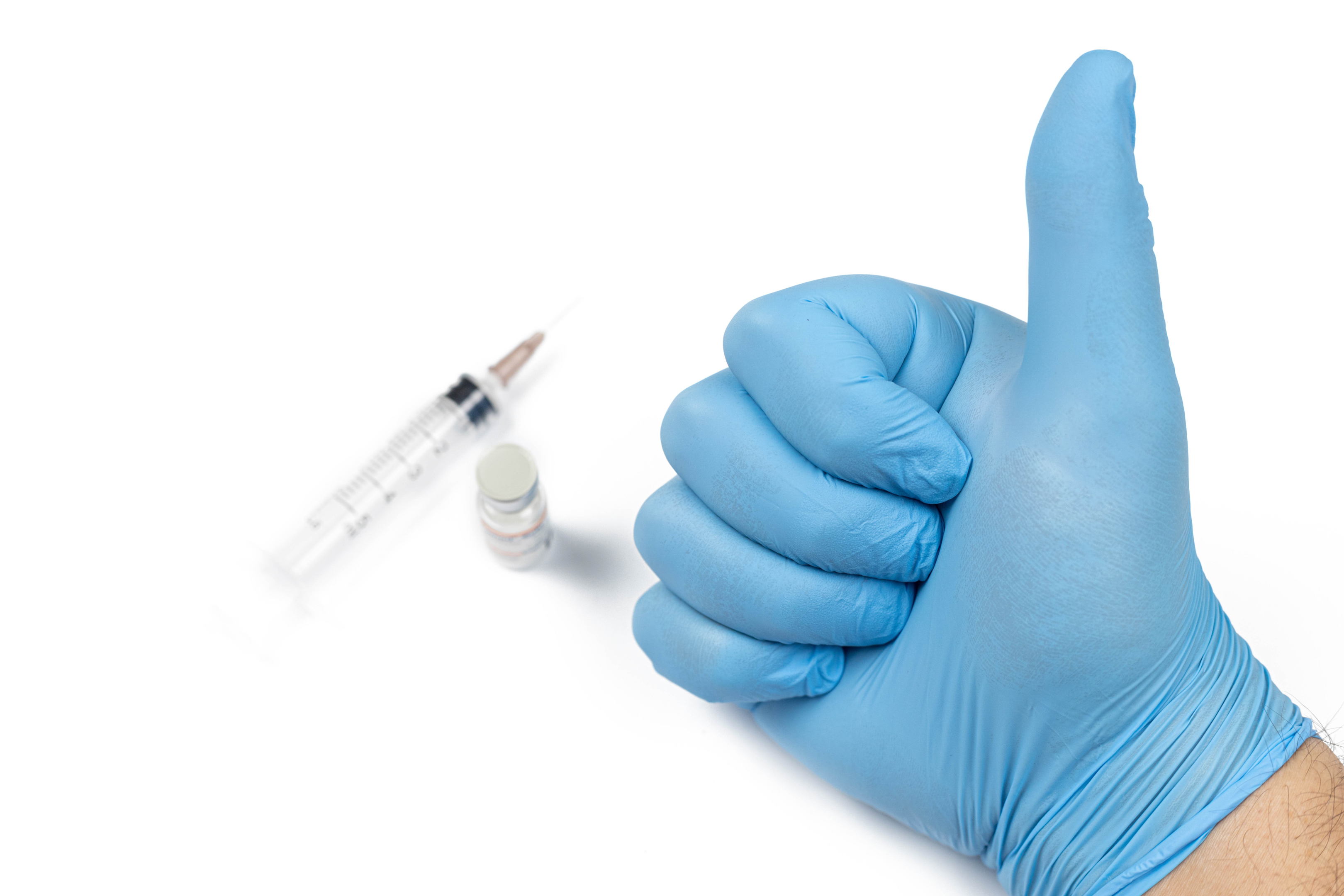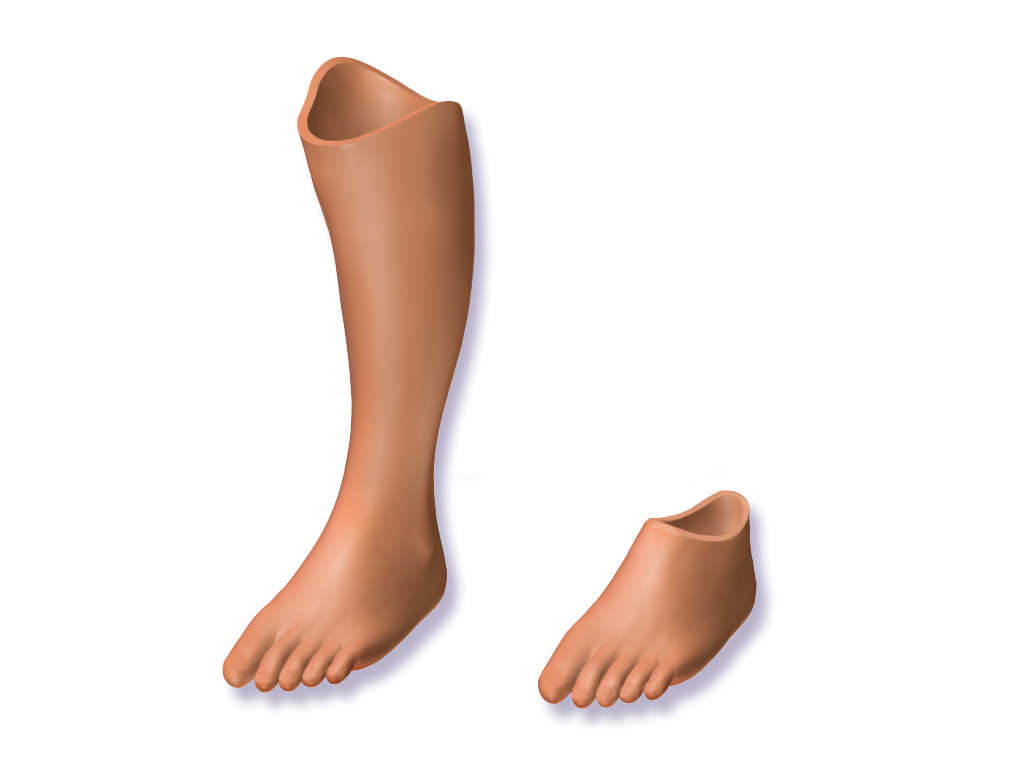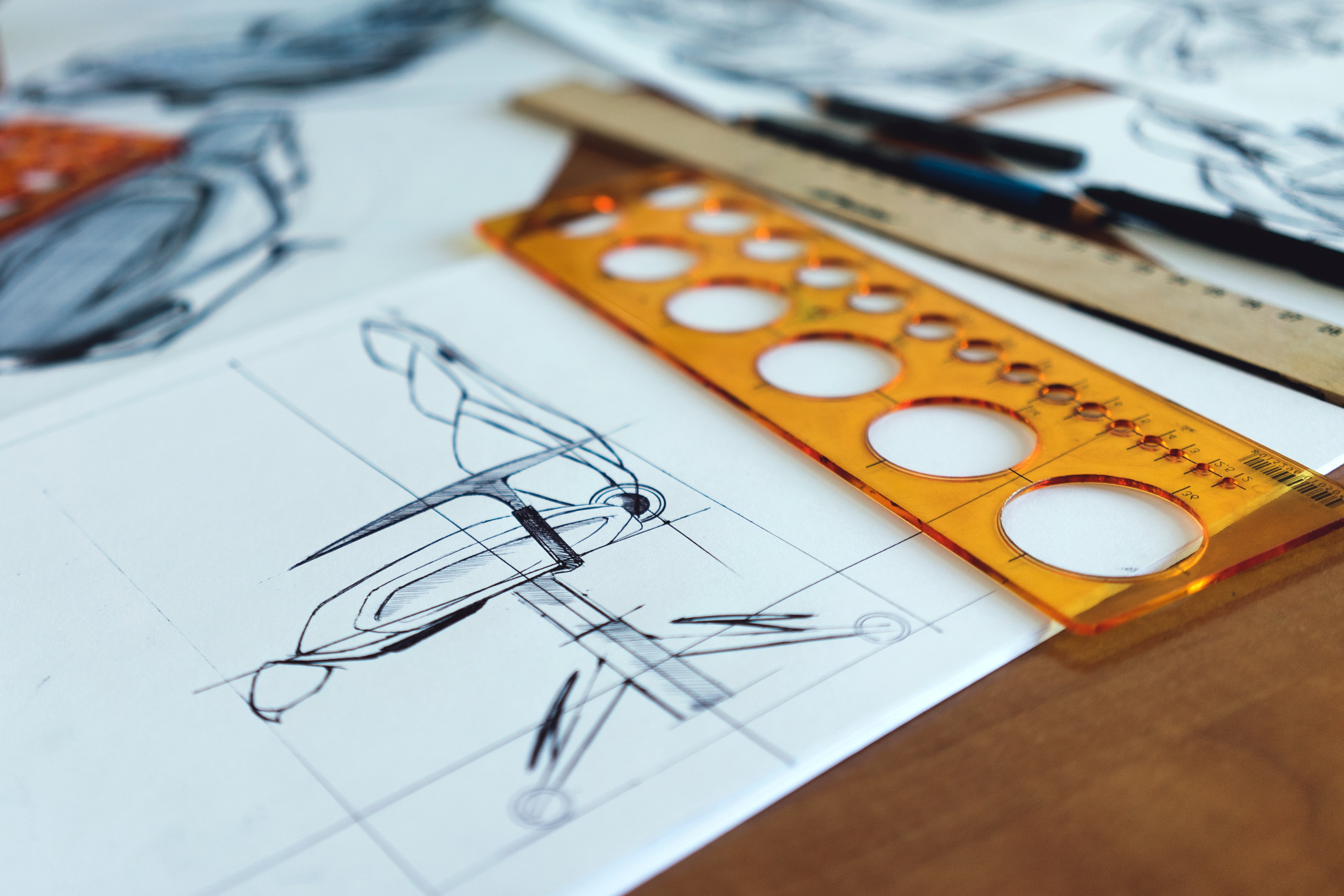Medical grade silicone itself has further sub-categories as well. All of this can be quite confusing to the general public.
So here is a simple and easy-to-understand article breaking down the essentials of medical-grade silicone, its importance, and its applications.
What is Medical Grade Silicone?
Medical-grade silicone is a type approved for use in medical devices and implants. It is made to meet very stringent quality and safety standards and must pass rigorous testing before it is approved for use in humans.
Medical grade silicone has many benefits over other types of silicone. It is biocompatible, meaning that it is safe to use in the body and does not cause adverse reactions or inflammation. It is also durable and non-toxic, making it a safe choice for medical devices and implants.
Biocompatibility
Biocompatibility refers to a material’s ability to co-exist with live body tissue. The material must neither damage the body tissue nor deteriorate itself. Biocompatibility tests vary according to the testing standard. ISO’s biocompatibility test is a popular option for most material science researchers.
Medical silicone devices are certified as both medical and food-grade but also biocompatible.
Liquid Silicone vs. Solid Silicone
Liquid silicone rubber (LSR) is used for kitchen products, baby products, and medical applications. Only liquid silicone rubber can get medical-grade certification. It is certified both as a liquid and solid upon curing.
Solid silicone or silica gel is used for general consumer appliances, automotive parts, and industrial equipment. Solid silicon is translucent and often made opaque through vulcanization and coloring.
Types of Medical Grade Silicone
Silicone for medical or scientific use is categorized based on product requirements. Following are the three types of medical-grade silicone.
- Non-Implantable
- Short-Term Implants
- Long-Term Implants
Non-implantable silicone is for external use only, like prosthetics. At the same time, short-term silicone implants are commonly found in the dental industry. Long-term implants are directly linked to serious surgeries like knee replacements.
In the United States, silicone must be certified as USP Class V or VI to be considered medical grade. Most silicone suppliers sell Class VI-certified materials and products. However, you should still contact your silicone supplier for additional guidelines.
Why is Medical Grade Silicone so Important?

Silicone is a versatile material that can be transformed and shaped into complex and intricate designs. Additionally, medical-class silicone offers several advantages over other materials, like titanium and stainless steel.
Porosity
Porosity is a measure of air gaps and tiny holes in a material. Porous materials are susceptible to decay, as bacteria, fluid, and microbes can get trapped inside the pores (holes) of the material.
Medical-class silicone rubber is non-porous, making it ideal for medical use. Non-porous materials are also easy to sterilize and disinfect. Silicone can be formulated to be either porous or non-porous. Therefore, it is essential that you only use medical-grade certified silicone to avoid mishaps.
Non-Reactive
The human body is full of complex and corrosive compounds. Medical devices must be inert for external and internal use, so they don’t react with sweat, blood, and body tissue. Hence, materials certified for external use should never be considered for internal implants. They might cause slight irritation and discomfort or, in the worst-case scenario, result in a full-blown infection.
Silicone is a non-reactive material with no adverse interaction with the human body. Glass, another inert material, contains silicone as a significant ingredient. Both glass and silicone are often used in food containers and packaging as they are also food-safe.
Temperature Resistance
The benefits of silicone don’t just end at good biocompatibility and zero porosity. Silicone is also incredibly resistant to thermal changes, meaning it can operate in the harshest environments. Additionally, silicone can be modified to favor some properties more than others. Most medical-class silicone will have slightly different material properties.
Here is a simple comparison between natural, rubber, silicone, and a general example of medical-grade silicone.
| Material | Hardness | Tensile Strength | Cold Resistance | Heat Resistance | Weather Resistance |
| Natural Rubber | 30-95 Shore A | 500-3500 psi | -20º to -70º F | 180º to 220º F | Poor |
| Silicone | 20-90 Shore A | 200-1500 psi | -178º to -90º F | 400º to 550º F | Excellent |
| Medical Silicone | 5-80 Shore A | 1500 psi | -75º F | 500º F | Excellent |
Chemical Resistance
Elastomers are generally resistant to mechanical changes. But chemicals can severely damage the molecular structure of elastomers like rubber. Medical-grade silicone is susceptible to some chemical damage but offers excellent chemical resistance overall. Here is a list of some common chemical compounds and their effect on silicone.
| Chemicals Compounds | Effect on Medical-Grade Silicone |
| Water | Non-Damaging |
| Diluted Acids | Non-Damaging |
| Concentrated Acids | Damaging |
| Alkalines | Damaging |
| Ammonia | Non-Damaging |
| Isopropyl Alcohol | Non-Damaging |
| Oxidizing Agents | Non-Damaging |
| Solvents | Damaging |
Flexibility
Silicone is the only medical-grade material that is both resilient and flexible. Alternative metals like titanium and stainless steel are incredibly tough and rigid but not flexible. Non-flexible (rigid) materials, like hip replacements, are often preferred for long-term implants. But for other medical equipment, like surgical tubing, gaskets, and seals, flexible silicone is a much better choice.
Applications of Medical Grade Silicone

The use of medical-class silicone is so widespread that it cannot be covered in this brief article. Silicone products are used for surgical equipment, bio-medical devices, internal implants, external prosthetics, dental use, and more.
Here is a short list of the most common medical and food-grade silicone rubber products.
| Medical Industry | Dental Industry | Food Industry | General Industries |
| Feeding Tubes | Dental Silicone | Baby Bottle Nipples | Gaskets and Seals |
| Catheters | Saliva Ejectors | Jar and Bottle Seals | Tubing and Drains |
| Syringe Pistons | Dental Equipment Grips | Scuba Diving Mouth Piece | Food and Skin Contact Products |
| Scar Tissue Treatment Sheets | Non-Stick Containers | Overcoating Products | |
| Respiratory Masks | Baby Toys | ||
| Short and Long-term Implants | Silicone Gloves |
Any product that interacts with the human body must be medical-grade. In most situations, food-grade and medical-grade silicone end up the same. Because food-grade standards are also stringent, most silicone suppliers only provide medical-grade silicone as it can be used for both purposes.
Considerations for Medical Grade Silicone Products

Silicone is genuinely a unique material, beneficial for several applications. But, like all materials, it has its limitations as well. It is crucial to consider the limitations of medical-grade silicones and design your products accordingly.
Consider the following design guidelines for silicone rubber product design.
Tear Resistance
Silicone has excellent tensile and impact resistance. But it is susceptible to tear and fatigue.
Tears are generally avoidable since you need silicone to be in contact with a sharp object (corner) or be pinched for a tear to initiate. Careful planning and product placement can mitigate the issue entirely.
Vulcanization Errors
Vulcanization is a necessary part of curing and hardening silicone products. Poorly cured products can have brittle fractures forming between sections. Most manufacturers and suppliers take proper precautions to avoid such errors. But it is good practice to give your medical-grade silicone parts a quick visual inspection before use.
Storage
Medical-grade silicones don’t need special storage containers. After all, it is resistant to most environmental effects. However, certain compounds can damage silicone, making it unusable for medical applications.
Fuel (Petrol) can corrode the silicone product upon contact. This is not an issue for internal implants, but storage and shipping can expose silicone products to many elements. Radiation and gas permeability are also issued for medical and food-grade silicone, but general care during storage can avoid this damage.
Proper storage of raw silicone materials, medical-grade materials, and final medical devices is essential for long service life.
Medical Grade Certification
Only medical-grade and properly certified silicone should be used for medical and surgical applications. Using the wrong type of silicone can have life-threatening consequences. Always ensure you’re using the correct type of silicone for your applications.
If you’re ordering medical products from suppliers, stick with a trusted and reputable company. Medical silicone suppliers and medical device manufacturers often provide material details and product specifications.
Conclusion
Medical silicone materials are essential for the functioning of modern society. The classification and terminology of a medical device are complex and sometimes confusing. But that is necessary, as essential materials should have better regulations and detailed standards to prevent accidents during medical device manufacturing.
Medical professionals need to be vigilant and careful about using medical devices. Accidents in the medical industry are rare because of these complex standards and guidelines.
We hope this article has adequately informed you about the importance of medical silicone and its medical and food-grade applications.
Why turn to Hongju Silicone for your Medical Equipment?
If you are looking for a trusted supplier of medical-grade silicone rubber, look no further than Hongju. We have been making high-quality custom silicone rubber parts for over two decades. Our quick services can deliver a working prototype within 3-5 days. Our fast delivery times and low MOQ (minimum order quantities) are also very beginner-friendly.
Don’t wait; take advantage of our best-in-class OEM and ODM services for your medical equipment. Contact us Now!